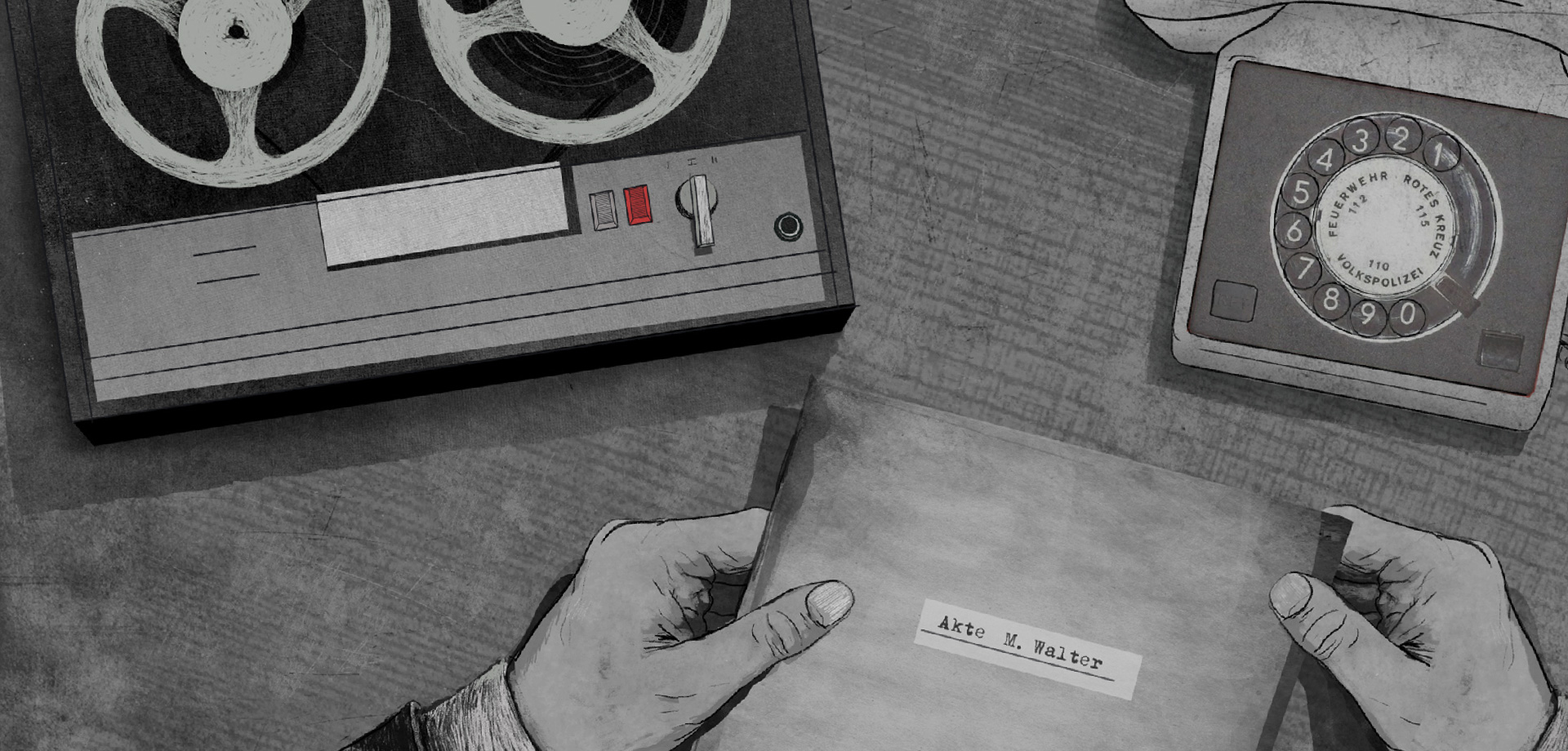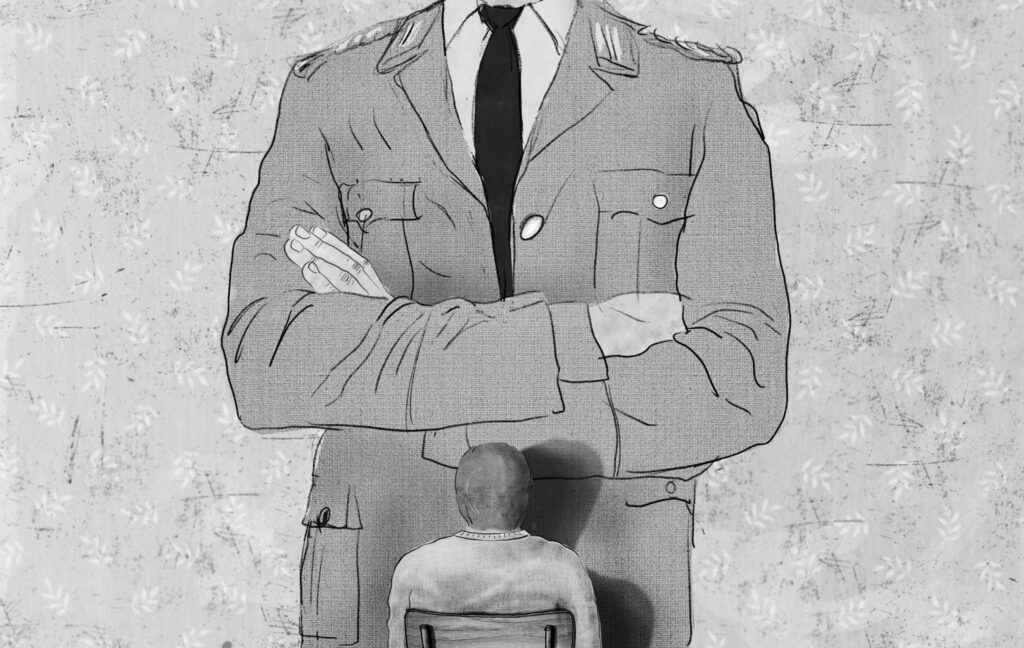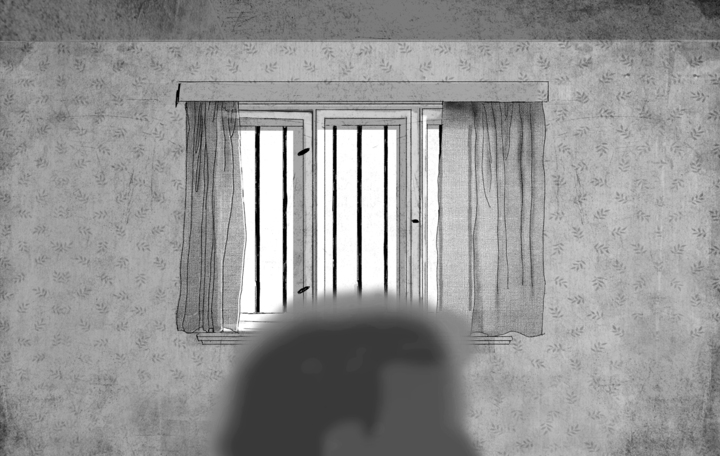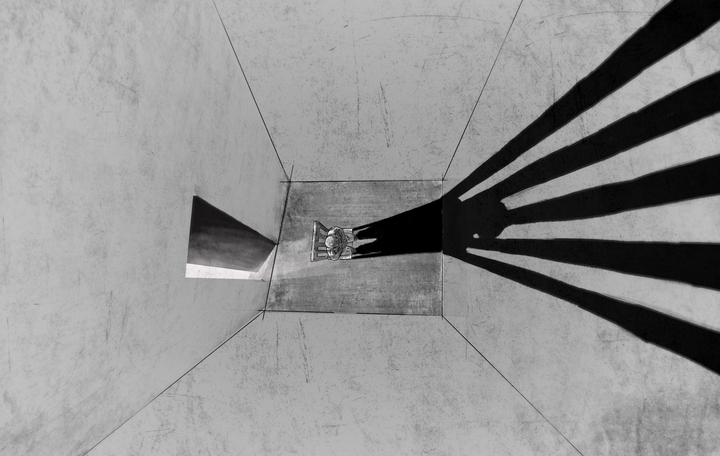www.andreasstrasse.de
The virtual world is not a substitute for the real world. However, online experiences and encounters can be a wonderful complement to the analogue world. Excitingly, they are also able to bring people to places they can’t normally reach for whatever reason.
Experience Erfurt and ”Andreasstrasse” virtually
“Andreasstrasse online” is an interactive website for anyone interested in the history of the city of Erfurt and the site around Andreasstrasse during the GDR and who wants to learn more online — either independently or in combination with a visit to our Memorial and Educational Centre.
Our Memorial and Educational Centre is located in a former remand prison that was used in the GDR by both the Ministry of State Security (the Stasi) and the People’s Police (Volkspolizei). Together with the district offices of the Stasi and the district court on the Domplatz (Cathedral Square), it completes the historic Andreasstrasse site.
“Andreasstrasse digital” prepares you for a visit to this historically important place and, in particular, to our permanent exhibition “IMPRISONMENT | DICTATORSHIP | REVOLUTION: Thuringia 1949 – 1989.” It also complements our exhibition and allows you to delve deeper into what you already learned and experienced during or after a visit to Andreasstrasse.
“Andreasstrasse digital” reveals both the history and the stories of this place – with the help of texts, historical photos, maps, and audio-visual materials. The interactive website provides answers to questions such as:
• In the GDR, Erfurt was a ”district town.” What significance did this have for the city, its infrastructure and its citizens?
• Why was Andreasstrasse both a place of oppression and a place of liberation?
• Who was imprisoned in Andreasstrasse and why?
• What was daily life like for the political prisoners held there?
• How do former political prisoners and participants in the Peaceful Revolution remember Andreasstrasse during this period?
Research and knowledge for all
With ”Andreasstrasse online,” we are continuing to build bridges between the world of research and the reality of people’s lives. In short: We curate historical knowledge and biographical experiences in an accessible way and then bring them to the widest possible audience – in this case, with the help of the internet. In 2023, the project was awarded a DigAMus Award in the category “Website or Online Exhibition.” The DigAMus Award is presented annually by members of the cultural sector in cooperation with the German Museum Association to help digital projects in museums gain greater visibility. In 2024, this project was nominated for the Grimme Online Award, in the category “Knowledge and Education,” as well as for the Audience Award.
Digital programming for the classroom with 3 teaching modules
As part of “Andreasstrasse online,” we also offer three modules suitable for classroom learning:
• A short history of the GDR – told as an interactive comic (about 20 minutes)
• A compact tour of Andreasstrasse – to help prepare for a visit to the Memorial and Educational Centre and to make optimal use of the entire range of “Andreasstrasse online” (about 20 minutes)
• Questionnaire: What image do I have of the GDR – compared to other young people? (about 10 minutes)
“Andreasstrasse digital” was originally a component of the “Diktaturerfahrung und Transformation (Dictatorship Experience and Transformation)” research network, funded by the Federal Ministry of Education and Research and the Thuringian State Chancellery. The project was implemented by mobyDok GmbH, in particular by Mike Plitt, with drawings by Atelier Hurra. Jens-Uwe Grau (retroscope.com) was responsible for the design, programming, and technical subtleties of the site.
“Andreasstrasse digital” is available in German and in English. The interactive website works on all digital devices with access to the internet.
Questions about www.andreasstrasse.de?
Please contact:
Marie Mohnhaupt
mohnhaupt@stiftung-ettersberg.de
M +49 (0)156 79341574

“ ‘Andreasstrasse online’ sets a new standard in reconsidering the past. Interactive projects such as this one allow us to reach a much broader public. Users of the platform can actively immerse themselves in the past and in the history of the German dictatorship. Programming such as ‘andreasstrasse.de’ also spark completely new opportunities for further research. A few years ago, for example, anyone who wanted to know how many women were in Stasi custody in the 1980s was forced to laboriously count index cards. Now this information is instantly available at the touch of a button, thanks to innovations in digital data processing.”
















